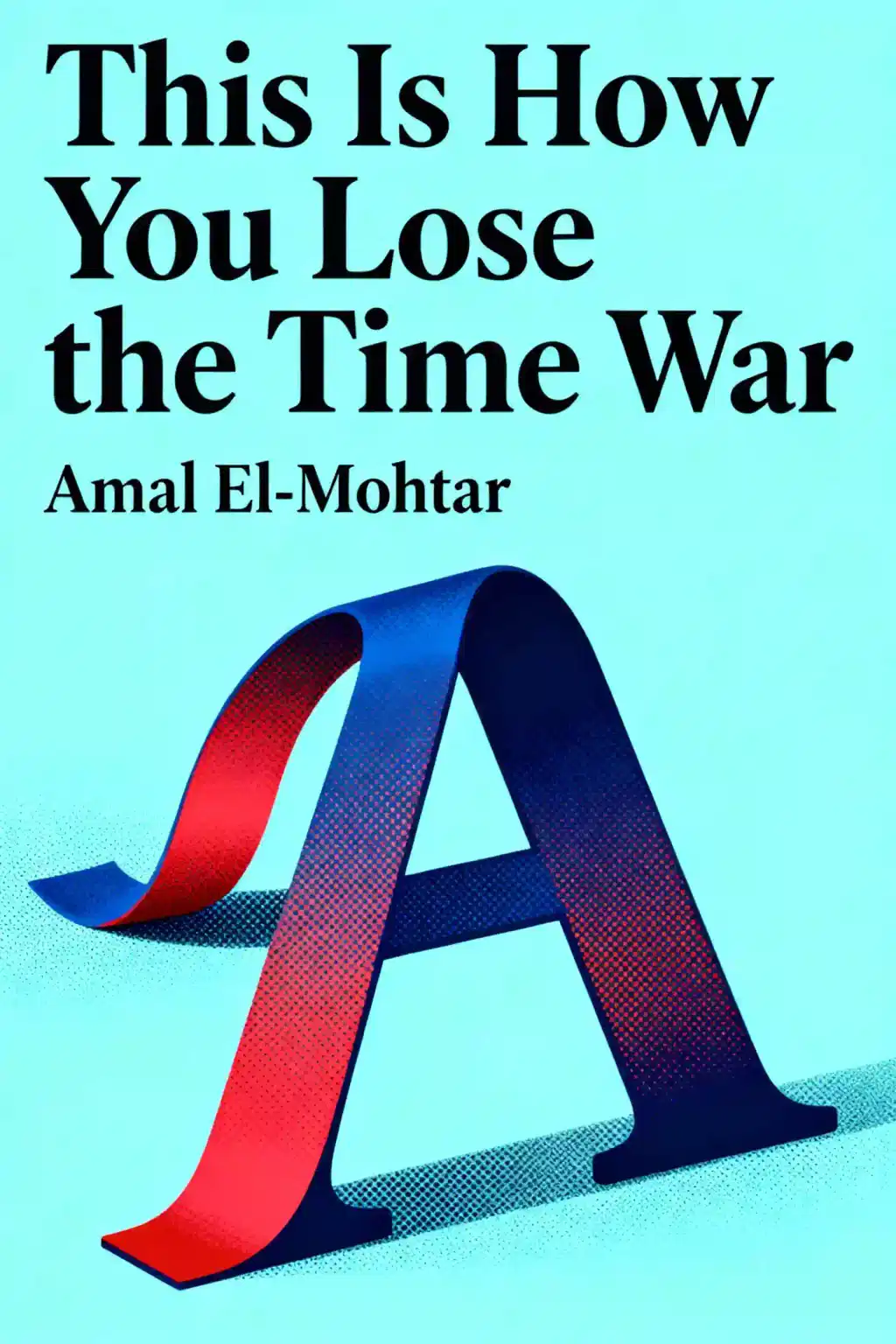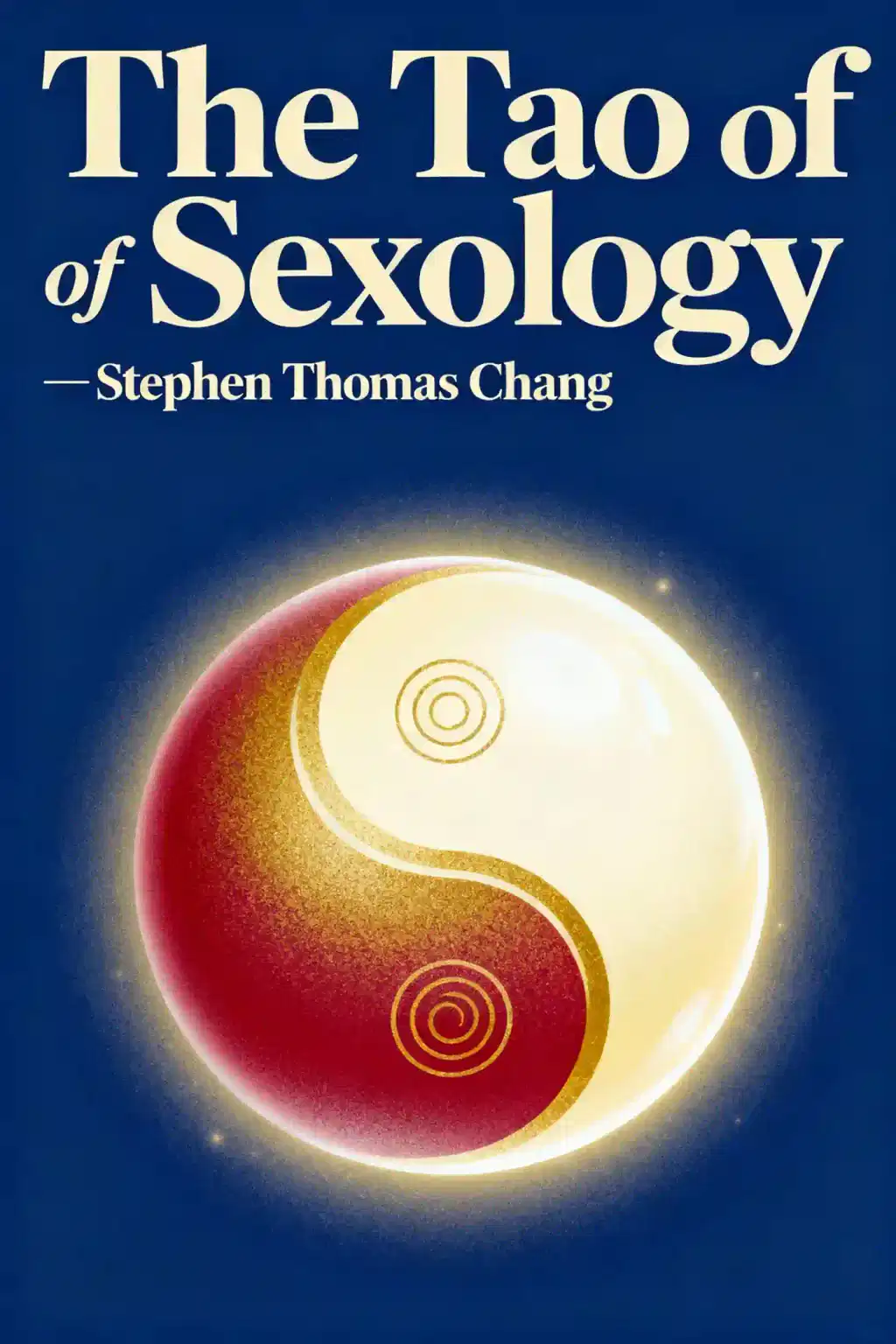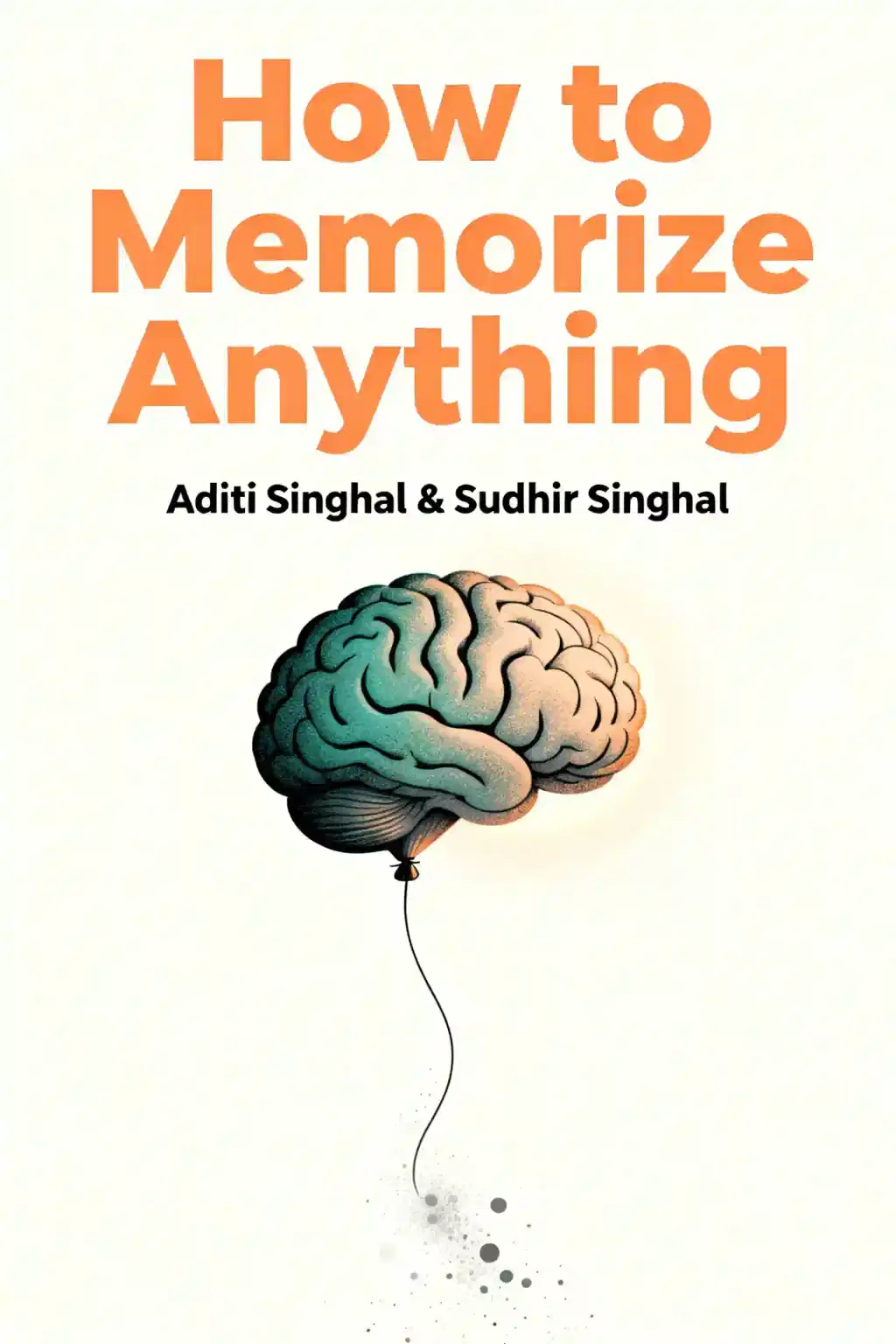What is A Woman Is No Man by Etaf Rum about?
A Woman Is No Man by Etaf Rum tells the intergenerational story of three Palestinian-American women living in Brooklyn across different decades. The novel follows Isra, who immigrates to America through an arranged marriage in the 1990s, and her daughter Deya, who faces similar pressures in 2008. The book explores cultural traditions, arranged marriage, domestic violence, and the struggle between personal freedom and family expectations within a conservative Arab-American household.
Who should read A Woman Is No Man?
A Woman Is No Man is essential reading for anyone interested in immigrant experiences, women's rights, and cultural identity struggles. The book resonates particularly with readers seeking to understand generational trauma, domestic violence awareness, and the challenges faced by first-generation Americans. Those who appreciate character-driven narratives exploring family dynamics, cultural conflict, and women's empowerment will find Etaf Rum's debut novel deeply impactful and thought-provoking.
Is A Woman Is No Man worth reading?
A Woman Is No Man is absolutely worth reading for its powerful, heartbreaking portrayal of women's struggles within oppressive cultural traditions. Reviewers consistently rate it 5 out of 5 stars, praising Etaf Rum's masterful storytelling and the book's ability to spark important conversations about domestic violence and women's education. The novel stays with readers long after finishing, offering both shocking revelations and profound insights into breaking cycles of abuse and cultural silence.
Who is Etaf Rum and why did she write A Woman Is No Man?
Etaf Rum is a first-generation Palestinian-American author who wrote A Woman Is No Man as her debut novel in 2019. According to Rum, she wrote this book because no one from her Arab-Palestinian immigrant background had told their story due to a culture of silence. Her own experiences with arranged marriage at nineteen, divorce, and subsequent cultural isolation inspired this semi-autobiographical work that illuminates the struggles of women in conservative Arab-American communities.
What are the main themes in A Woman Is No Man?
A Woman Is No Man explores several interconnected themes: the cycle of generational trauma and how dysfunction passes through families, women's oppression within patriarchal cultural systems, and domestic violence as an accepted norm. The novel examines the importance of education and freedom for women, the isolation experienced by immigrant women, and the conflict between traditional cultural values and American freedoms. Etaf Rum also addresses how cultural shame prevents women from speaking out against abuse.
What happens to Isra in A Woman Is No Man?
Isra is married off to Adam through an arrangement and moves from Palestine to Brooklyn in the 1990s. She faces constant abuse from her husband Adam, who beats her out of frustration with work and family pressures. Despite her love of reading and dreams of marrying for love, Isra gives birth to four daughters instead of the sons her in-laws desperately want. The devastating truth revealed later is that Isra was murdered by Adam, who then took his own life—not a car accident as Deya was told.
What is the ending of A Woman Is No Man?
A Woman Is No Man ends with Deya discovering the truth about her parents' deaths from Sarah, a mysterious woman who knew her mother. After confronting her grandparents about their lies regarding the murder-suicide, Deya takes control of her life by refusing arranged marriage and applying to college. The novel's final pages reveal Isra's last desperate attempt at freedom: gathering her daughters and Adam's cash savings to flee on the subway, though readers know this escape attempt ultimately failed.
How does A Woman Is No Man portray generational trauma?
A Woman Is No Man powerfully illustrates how generational trauma perpetuates through Fareeda, Isra, and Deya. The novel shows how Fareeda's experiences in Palestinian refugee camps shaped her oppressive parenting, which she then inflicts on Isra. Each generation faces the same expectations: early marriage, motherhood as sole purpose, and acceptance of abuse. Etaf Rum demonstrates how these deep-rooted cycles are difficult to change, even when transplanted to America, until someone like Deya finally breaks the pattern.
Is A Woman Is No Man based on a true story?
A Woman Is No Man is fiction but heavily based on true events from Etaf Rum's community. While not strictly autobiographical, Rum states the novel contains events that happened to her fellow neighbors in the Arab-Palestinian community. Her own experiences mirror the characters: arranged marriage at nineteen, early pregnancy, isolation, and divorce against cultural norms. Rum emphasizes the book blurs the line between fiction and memoir, making it an authentic representation of real struggles within conservative Arab-American families.
What role does education play in A Woman Is No Man?
Education represents freedom and empowerment throughout A Woman Is No Man. Isra's love of reading is punished by her father, symbolizing how knowledge threatens patriarchal control. Deya's desire for college directly conflicts with her grandmother's insistence that "marriage and motherhood is a woman's only worth". Sarah, who achieves education and becomes a bookstore manager in Manhattan, embodies the liberation possible when women access learning. Etaf Rum argues education is vital for women to control their lives and escape oppressive cycles.
What are the criticisms of A Woman Is No Man by Etaf Rum?
While overwhelmingly praised, some readers note A Woman Is No Man focuses heavily on negative aspects within Palestinian and Muslim communities without showing sufficient diversity of experience. Critics might argue the portrayal risks reinforcing stereotypes about Arab culture, though Etaf Rum clarifies she's depicting particularly conservative and extremist families, not representing all Arab-Americans. The author explicitly states that according to the Quran and Muslim teachings, the abusive behaviors shown are not aligned with true Islamic values but represent cultural distortions perpetuated by some traditionalists.
What books are similar to A Woman Is No Man?
Readers who loved A Woman Is No Man should explore Dominicana by Angie Cruz, which shares remarkable parallels: young women forced into marriage with older men, immigration to New York City, teenage motherhood, abuse, and isolation. Other similar reads include The Kite Runner for immigrant family dynamics, Americanah for cultural identity struggles, and Exit West for contemporary immigration narratives. For more stories about breaking free from oppressive traditions, consider Reading Lolita in Tehran and The Bookseller of Kabul, which also explore women's struggles within conservative Middle Eastern cultures.














